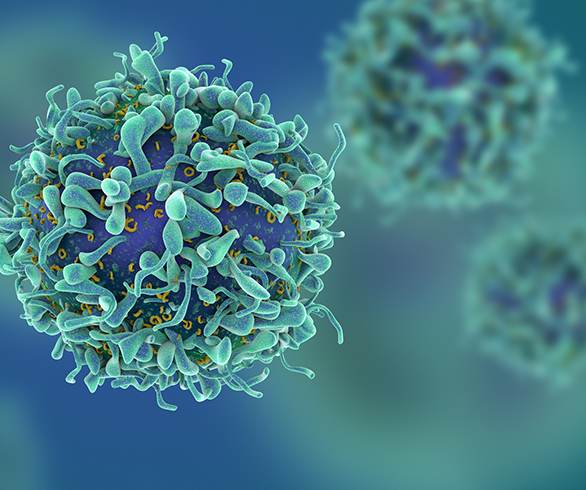Gut microbes are good for more than just digesting food. According to a new study, a particular gut microbe can prevent severe flu infections by breaking down flavonoids.
The study, conducted in mice at Washington University School of Medicine, also showed this strategy to be effective in staving off severe damage from flu—before patients are even infected. This could also explain the wide variation in human responses to influenza infection.
“For years, flavonoids have been thought to have protective properties that help regulate the immune system to fight infections,” says first author Ashley L. Steed, MD, PhD. “Flavonoids are common in our diets, so an important implication of our study is that it’s possible flavonoids work with gut microbes to protect us from flu and other viral infections. Obviously, we need to learn more, but our results are intriguing.”
As part of the study, the researchers screened human gut microbes looking for one that metabolized flavonoids. They identified Clostridium orbiscindens as degrading flavonoids to produce a metabolite known as desaminotyrosine (DAT), which enhances interferon signaling—a critical part of the immune response.
In the future, researchers hope to identify other gut microbes that also may use flavonoids to influence the immune system. What’s more, they will explore ways to boost the levels of those bacteria in people whose intestines aren’t adequately colonized with those microbes.
Until then, recommending a flavonoid supplement—or black teas, red wine, and berries—to your patients may be a great way to help them stave off the flu this year.









